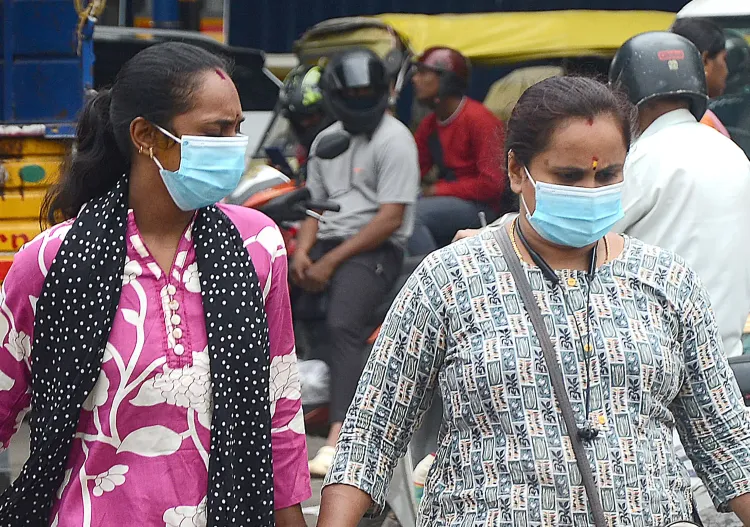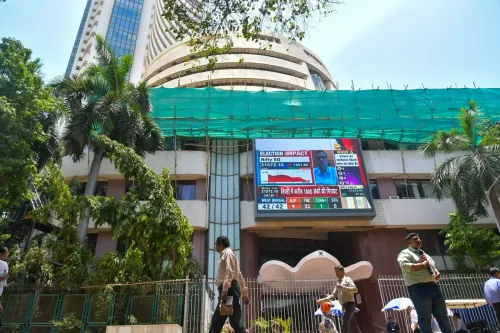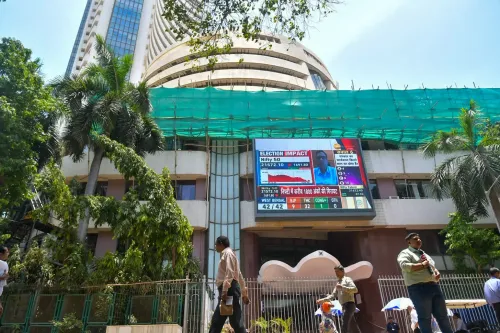Are Changing Weather Conditions Causing H3N2 Cases in Delhi-NCR?

Synopsis
Key Takeaways
- H3N2 cases are rising in Delhi-NCR due to changing weather.
- High-risk groups include children, elderly, and pregnant women.
- Preventive measures like vaccination and hygiene are essential.
- Symptoms can last over 5-7 days in some patients.
- Consult a doctor if symptoms worsen.
New Delhi, Sep 17 (NationPress) Health experts indicated that shifting weather patterns are contributing to the rise of influenza A strain H3N2 cases in the Delhi-NCR region.
Physicians in the city have noted a significant uptick in viral illnesses.
The H3N2 strain is a seasonal flu that adapts and evolves over time.
Children, the elderly, and pregnant women are particularly at risk. The virus can lead to more severe symptoms in high-risk groups, including those with compromised immune systems, asthma, COPD, cardiovascular diseases, or diabetes.
“We are observing an increase in influenza cases attributed to H3N2. The primary symptoms include fever, cough, sore throat, and myalgia (muscle pain),” stated Animesh Ray, Additional Professor at the Department of Internal Medicine, AIIMS, to IANS.
Ray emphasized that while the condition is generally mild, it can escalate in individuals with pre-existing health issues.
“Although most cases are not severe, individuals with comorbid conditions like kidney disease, diabetes, heart disease, or lung conditions may experience complications, including pneumonia or lung failure,” Ray added.
A survey conducted by the social community platform LocalCircles across over 11,000 households revealed that 69% reported at least one family member exhibiting symptoms such as fever, cough, sore throat, and respiratory distress.
“The increase in cases is linked to changing weather and insufficient vaccination,” remarked Dr. Atul Gogia, a senior consultant in medicine at a prominent city hospital.
“Symptoms can mimic seasonal flu, presenting as cough, cold, runny nose, and can extend to the lungs, resulting in pneumonia,” he continued.
In children, symptoms may also include nausea, vomiting, or diarrhea. Many patients have reported fevers lasting over 5-7 days, with coughs persisting even after other symptoms disappear.
Experts recommend thorough hand washing, wearing masks, and getting vaccinated as preventive measures against H3N2. They advise annual vaccinations, avoiding close contact with sick individuals, and isolating those who are unwell.








